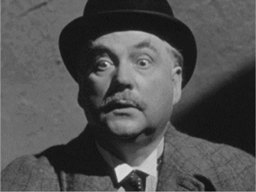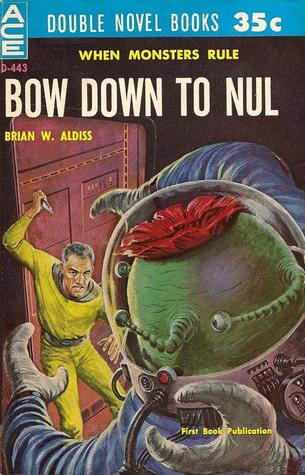The Public Life of Sherlock Holmes: The Crime Doctor

There are a few instances in the Canon when Sherlock Holmes assigns Watson to investigate matters on his behalf. There can be no questioning that Watson does his earnest best each time; his character would allow nothing less. Lack of effort or intent cannot be assigned to Watson’s endeavors. Any shortcomings must be blamed on his actual performance or the circumstances. So, how does Watson fare as a detective, and how does Holmes assess his only friend’s performance? Below are three cases where Watson was assigned by Holmes to detect in his stead for a time.
“The Solitary Cyclist”
Holmes refers to Violet Smith’s situation as possibly being “some trifling intrigue” and declines to personally look into the matter, refusing to neglect his “other important research.” Instead, he sends the good doctor. His instructions to Watson are to “observe the facts for yourself and act as your own judgment advises. Then, having inquired as to the occupants of the Hall,” to come back and report to him.
So off goes Watson, arriving early so that he can conceal himself in a spot giving him a view of the road in both directions and also of the gate to Hampstead Hall. Watson becomes the spectator to a scene in which Violet Hunter is followed by a bearded stranger. Both of them are on bicycles. She turns the tables and chases after her pursuer, but he escapes. She continues her ride to Chiltern Grange, with the stranger once again following her. He then disappears up the drive to Hampstead Hall and Watson does not see him again.











